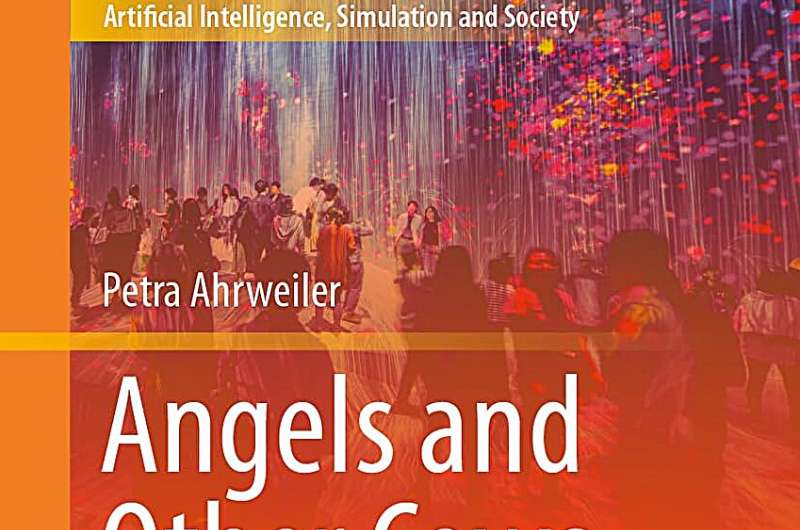
Public administrations in a growing number of countries around the world are employing algorithms based on artificial intelligence (AI) to determine the allocation of public social services, such as unemployment benefits. The expectation behind this is that AI-based assessment will be more efficient and objective.
Consequently, machines are being employed to determine who is entitled to receive which share of limited public resources. However, the decision-making criteria differ widely from country to country as there is no universal, standardized definition of fair social justice.
The systems currently employed have been criticized for reinforcing existing social bias and discrimination as the data processed reflects the past rather than the present.
The international research project "Artificial Intelligence for Assessment" (AI FORA) aims at developing "better AI" through the involvement of various stakeholders in society. The research team will examine the current status as well as potential future options for the utilization of AI and has decided on an inclusive approach to engage a wider target group with this subject: fantasy fiction.
"Angels and other Cows," the first novel, was written by Professor Petra Ahrweiler and combines various literary genres such as science fiction, romance, adventure, mystery, and comedy. Petra Ahrweiler is Professor of Sociology of Technology and Innovation, Social Simulation at Johannes Gutenberg University Mainz (JGU) and coordinator of the AI FORA project. The recently published book will be followed by three other volumes intended to illustrate and exemplify the research subject.
AI as an aid in the search for global justice
"Angels and other Cows" is set in heaven and on Earth. The earthly protagonists are Gabriel and Tilda, who work for an international aid company called B1. Their mission is to recruit case study partners around the world for a project on AI-based social assessment. Their personal journey is interwoven with a global plea for unity in a world of dystopian conditions—in the form of scarce public resources, economic crises, and disparities in life opportunities in many countries.
The heaven-based part of the narrative is dedicated to contemplation. While Gabriel and Tilda struggle with resolving their intellectual differences and defining their relationship on earth, they are accompanied by two guardian angels who have been assigned to save the planet through intercultural integration.
"Angels and Other Cows. A Celestial Adventure into AI Worlds, the Social Good, and Unknown Connections" is the first of a series of four open access books published by Springer Nature. Two academic volumes on the results of the project and a concluding evaluating scientific novel are to follow.
Graphic novel to reach an even wider audience
"The first novel is to introduce the research field and basic research results on AI usage in the public sector to as many people as possible. We hope that this will motivate readers to become interested in our academic research," said Professor Ahrweiler.
A graphic novel version of the book will be published soon to make the academic aspects even more accessible. "This graphic form of the narrative will provide yet another format of communication that we assume will appeal especially to the younger generation," added Ahrweiler.
More information: Angels and Other Cows: A Celestial Adventure into AI Worlds, the Social Good, and Unknown Connections. link.springer.com/10.1007/978-3-031-60401-0
Citation: Can AI technologies help create social justice? (2024, July 29) retrieved 29 July 2024 from https://techxplore.com/news/2024-07-ai-technologies-social-justice.html
This document is subject to copyright. Apart from any fair dealing for the purpose of private study or research, no part may be reproduced without the written permission. The content is provided for information purposes only.
